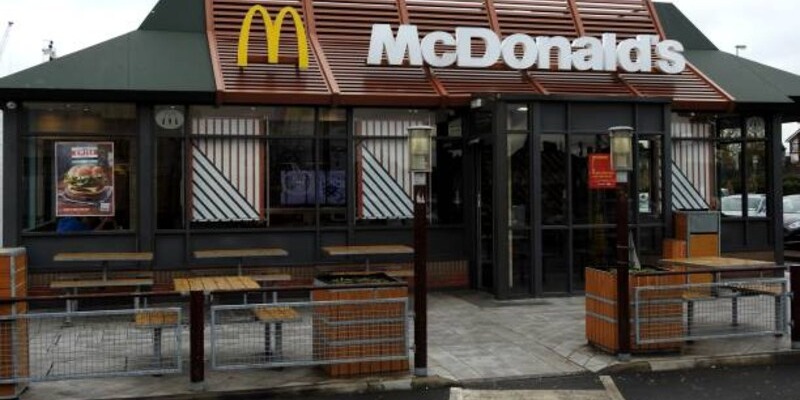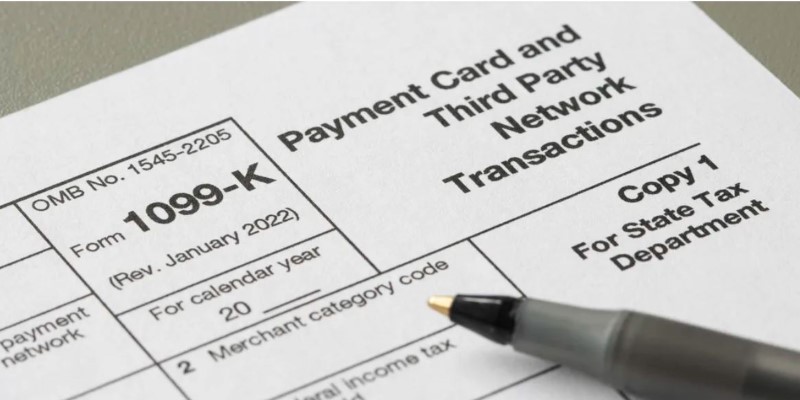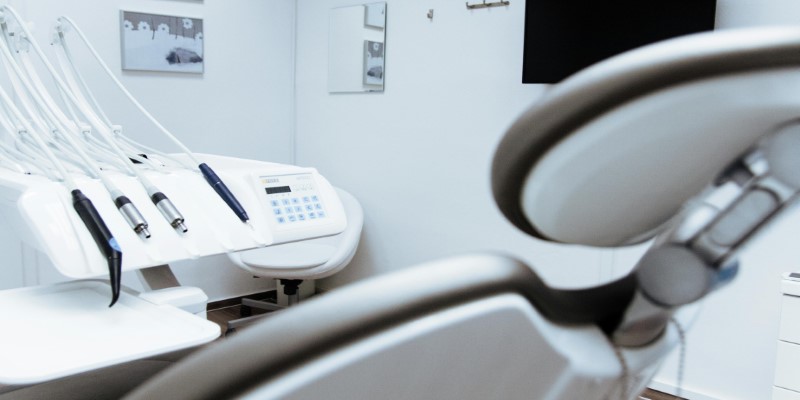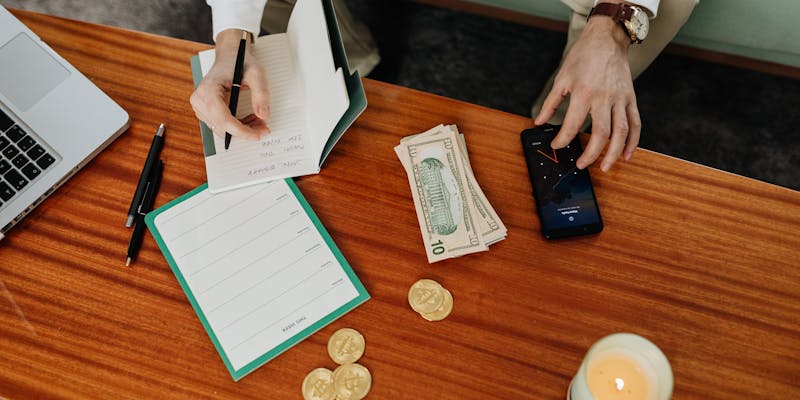Cashier's checks are safe and trustworthy for large payments. Financial institutions like banks and credit unions issue checks using their funds, confirming their legitimacy. When a consumer demands a cashier's check, the money is deducted and transmitted to the bank. A bank teller issues the cheque to a third party with the receiver and remitter's names. This payment method has advantages over personal checks due to its security and benefits. The buyer pays the total face value of the cashier's check and frequently pays a little extra for the increased protection and assurance.
A cashier's check is issued when the individual deposits the stipulated amount into the issuing institution's account, adding to its security. This guarantees the check's financial institution backing. A cashier's check is used for large, secure payments like a down payment, mortgage closing charges, or buying a car, boat, or property. It is seldom spent daily.
Cashier's checks are drawn from the bank's account, so the payee knows they won't bounce. Cashier's checks also have watermarks and bank staff signatures to prevent counterfeiting. This eliminates the need to give the payee personal checking account information. A cashier's check's money is usually ready the following business day, unlike extensive personal checks, which may take several days to clear.
When getting a cashier's check, people need a paper or digital receipt. This receipt proves payment if the cashier's check is lost or stolen. Individuals can ask the bank to reprint the cheque, which may take time. A replacement cashier's check online may need 30 to 90 days and an indemnity bond, making the individual responsible for its replacement. Get and keep a receipt to simplify this replacement procedure and resolve cashier's check concerns.
Cashier's Check Vs. Other Payment Methods

Knowing the ins and outs of cashier's checks and other payment options is vital when dealing with large sums of money. To meet the needs of a wide range of customers, we've included options with varied degrees of security, accessibility, and affordability.
Traditional Checks
The security offered by cashier's checks is absent from traditional checks. A return of the check can leave the beneficiary short of cash if the remitter's account does not have enough money.
Money Orders
Although not the same as checks, money orders provide a safe payment method. They are bought for a certain sum and are payable to the person named on the check. Post offices and grocery stores, among other places, often provide money orders, which can be a cheaper alternative to cashier's checks.
Certified Checks
The only difference between a certified check and a cashier's check safety is that the latter is drawn directly against the former's account. Although the bank promises to pay certified checks, it may temporarily freeze part of the money in the account. Though they might not have the distinctive watermarks of cashier's checks, certified checks are far more secure than personal checks.
Wire Transfers
Wire transfers eliminate the need for physical checks by facilitating the electronic movement of payments between accounts. While quick, wire transfers may be costly and time-consuming, mainly when dealing with foreign transactions.
Social Payment Apps
Through social payment applications, it is now possible to send money to loved ones electronically. Although some applications are easy and free, they might not be able to handle large payments due to transaction restrictions. When compared to regular checks, certified checks and cashier's checks provide a greater degree of protection.
Factors to Consider Before Choosing Cashier’s Checks
Although cashier's checks are a safe and assured way to pay, the best choice for any transaction depends on the payer's and payee's situation and preferences. Here is the list of factors you should look for before making a decision:
- Price: While wire transfers can be pricey, money orders might be a more budget-friendly choice, particularly for lesser sums.
- Speed: While wire transfers aren't always speedy, cashier's checks and certified checks make the money available faster than regular checks.
- Ease of Use: You can get a money order from almost any bank, and you don't even need an account. Social payment applications and wire transfers provide a level of electronic ease.
- Restrictions: It may be more appropriate to use cashier's checks or another option if a significant amount has to be transferred, as specific payment systems have transaction restrictions.
Disadvantages of Cashier's Check
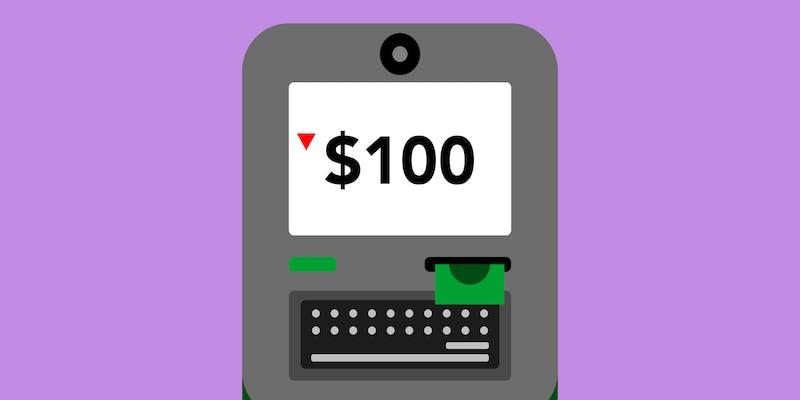
Cashier's checks are secure for significant transactions, but they have drawbacks. First, cashier's checks are less practical for smaller transactions due to their higher costs than personal checks or computerized transactions. Cost may deter their use for microtransactions or scenarios with high fees. Cashier's checks demand a bank account or upfront payment, another downside. This might be difficult for folks without a bank account or who need to make quick payments without enough cash. Some companies and consumers may be wary of cashier's checks owing to authenticity issues or delays in validating money.
A cashier's check is vulnerable to fraud. Unsuspecting victims might lose money to counterfeit cashier's checks. Finally, cashier's checks are non-refundable, so buyers may not get their money back. To minimize additional costs, be cautious and confirm the payment before getting a cashier's check. The FDIC warns against bogus cashier's checks to prevent fraud. The U.S. Postal Inspection Service, local protection agencies, and the Internet Crime Complaint Center should be contacted to report and aid scam victims.
Cashier's Check Scams
Criminals use cashier's checks' supposed security to commit fraud. One scam includes a buyer calling a vendor and proposing to buy an item with a cashier's check for more than the sale price. The buyer demands that the seller send extra monies to a specific entity. The vendor loses money when they transfer it and learns the cashier's check is bogus.
Mystery shopping letters are another common fraud. Secret shoppers receive a cashier's check and are instructed to utilize part of it to buy products. The victim is instructed to wire half the check to a third party and keep the rest. This scam requires victims to wire money before understanding the cashier's check is fake. Money is lost, and scammers deceive victims using cashier's check confidence. Avoiding these frauds requires awareness.


